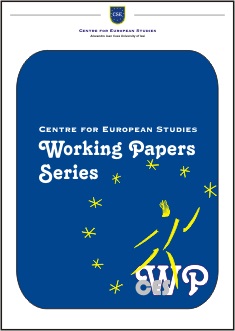The effect of disinformation on democracy: the impact of Hungary’s democratic decline
The effect of disinformation on democracy: the impact of Hungary’s democratic decline
Author(s): Jonathan REISHERSubject(s): Governance, Government/Political systems, Politics and communication
Published by: Editura Universităţii »Alexandru Ioan Cuza« din Iaşi
Keywords: Hungary; Viktor Orban; Democracy; Disinformation; COVID19; Russia;
Summary/Abstract: Hungary’s democratic backsliding demonstrates that the Cold War era notion that more access to information will accelerate the spread of democracy is dying. For authoritarians, social media enabled disinformation is the weapon of choice because it challenges democratic institutional legitimacy. The popularity of the Sputnik V vaccine in Hungary indicates that, before Russia’s invasion of Ukraine Russian influence was growing in the EU’s backyard. By exploiting social, political, and economic inequalities in Hungary, Russia disinformation facilitated Victor Orban’s consolidation of power ahead of the April 2020 elections. Democracies should adopt a new paradigm of state power projection that views robust domestic institutions as the way to confront the issue of social media enabled disinformation. Democracy’s most effective weapon against disinformation is institutional legitimacy, socio-economic equality, and public participation in government.
Journal: CES Working Papers
- Issue Year: XIV/2022
- Issue No: 1
- Page Range: 42-68
- Page Count: 27
- Language: English

